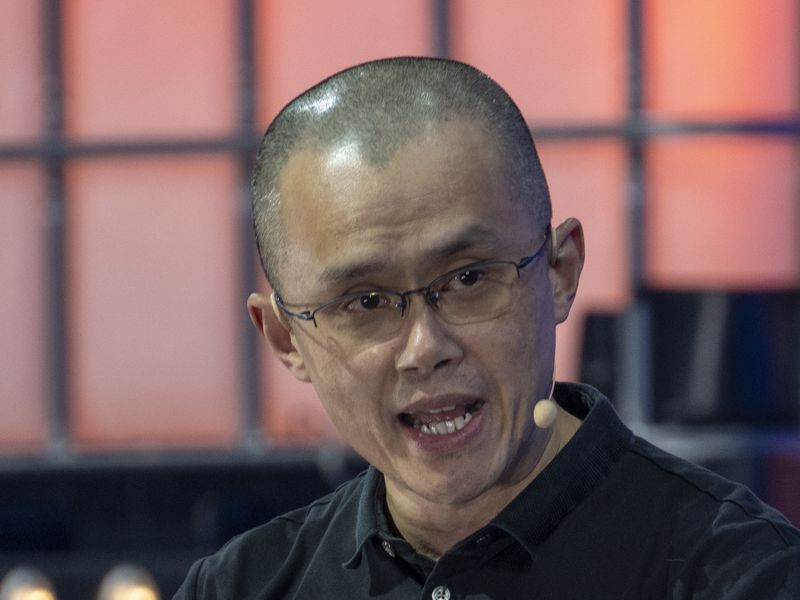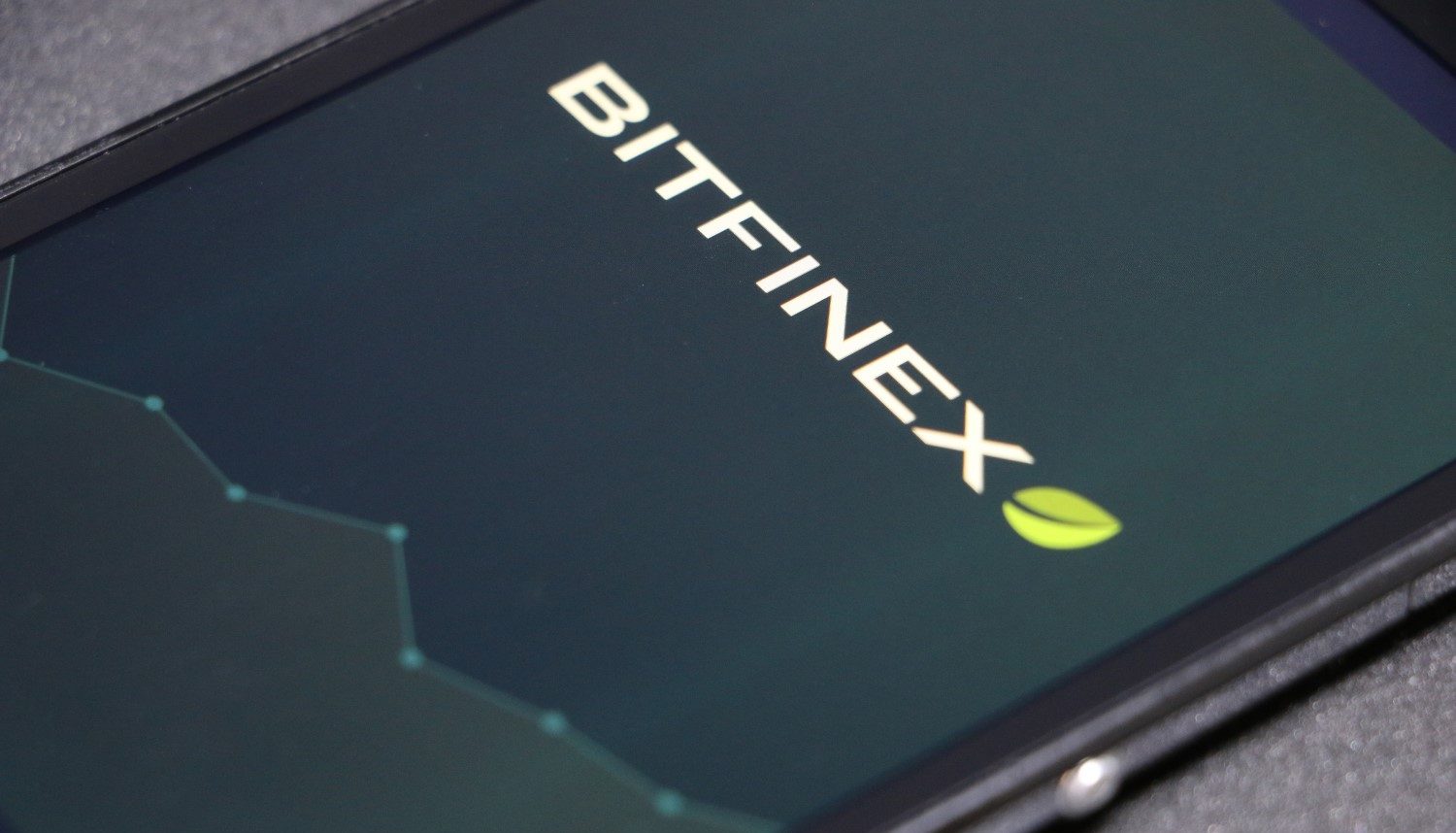Jack Dorsey Has Floated Decentralized Fact-Checking at Twitter. Here’s What That Could Look Like
Jack Dorsey Has Floated Decentralized Fact-Checking at Twitter. Here’s What That Could Look Like
Jack Dorsey, CEO of Twitter, recently re-tweeted a call for fact checking through open source tech rather than new intermediaries, like Twitter.
Dorsey’s message came at the end of May, after Twitter factchecked tweets by President Trump about mail in voting, leading to Trump to sign an executive order attacking Section 230 protections. Section 230 of the Communications Decency Act protects platforms from civil liability for the content on them and has enabled companies such as Facebook and Twitter to thrive.
A decentralized approach to fact-checking is likely to be popular in the blockchain community, which has long championed ideas like the “verified web.” from
“It shouldn’t be tech companies per se getting into fact checking,” Balaji Srinivasan, an angel investor, entrepreneur and former CTO of Coinbase, tweeted. “It should be open source technology. Free, universally available code and data for epistemology. Take a piece of text, parse it, extract assertions, compare to explicitly specified knowledge graphs and oracles.”
“Agree this should be open source and thus verifiable by everyone,” Dorsey replied.
Facts are a whirling flashpoint on the political stage right now, and given Dorsey’s quasi-endorsement of a tech solutionism approach to fact checking, it begs the question: what would such a system look like?
Thousands of people commented on Srinivasan and Dorsey’s tweets, referring to projects they thought might serve as future models.
Newsblocks
One project is called Newsblocks, based in Glasgow, Scotland, and was conceived as a way to organize data for Newslines, a sister project. Newslines creates interactive news timelines about any topic. Think of it as a kind of “Wikipedia for news.”
Here is an example for Conor McGregor, which has almost two thousand events in it.
Mark Devlin is the CEO of Newsblocks and has been in publishing for years. He founded Metropolis, one of Japan’s top English language magazines and Japan Today, a popular Japanese news site in English. His claim to fame: he was the first person anywhere to place reader comments directly under news stories.
Devlin realized that the news he was collecting was actually data. For example, an article about Yoko Ono holding an art exhibition today will likely mention that she was married to John Lennon, who was murdered in 1980. That’s three pieces of data that can be extracted from the article and then used in different ways.
“Once news is data then the data can be used to make all kinds of new products: you can sort the data to create timelines and newsfeeds,” said Devlin. “You can compare the meta data, like the data’s sources and other factors to enable verification and fake news detection, and you can compare data with other data to do automated fact checking by comparing pieces of data.”
As an open platform everyone can use the same data, companies can create news verification systems, like credit agencies for news and could be used by social media companies, like Twitter.
The idea of news-as-data led Devlin to blockchain technology, which can collect, verify, store, price, and distribute such data, in something like a news data marketplace.
Ideamarket
Ideamarket, a Los Angeles based startup, aims to provide more objective rankings of information, or ideas, and move beyond traditional gatekeepers like media companies. It launched it’s prototype in November of 2019, and is built on Ethereum.
“Idea markets use investment to establish credibility for ideas and narratives without trusting a centralized third party,” said founder Mike Elias in a blog post. “Fundamentally, idea markets use price discovery to advance discovery.”
Ideamarket functions somewhat similarly to Reddit, in which people can upvote various media brands, including independent journalists. But instead of having no cost, upvotes cost money and increase in cost as vote count increases, meaning that people have to put their money where their mouth, or itchy retweeting trigger finger, is.
The only people who pay heed are those who are open to questioning what they hear
“It makes credibility expensive, said Elias. “For media corporations, it makes it equally expensive for everybody in the same way that Bitcoin makes money equally as expensive for central banks as it is for you and me. It creates true competition for credibility and incentivizes the public to do due diligence and seek undervalued ideas.”
In addition to investing in and earning interest on the sources they trust, users could also sell the ones they don’t, and earn money off of that as well. Elias likened it to a stock market, but for ideas.
Elias’ plan is to launch a browser extension that would include the ranking of the news source next to articles from it on social media.
So for example, depending on how the market shakes out, CNN might sit at 10th and Brietbart at 90th. Anyone can see how much trust a publisher has earned. Such a system could rank news sources on a platform like Twitter, without a single company having control over them and having to be the dreaded “arbiter of truth”.
“Rather than say this is true or false, which doesn’t really respect the readers free will and ability to make different judgments, we’re saying the market has put this at this rank,” said Elias. “And you can interpret a low ranking as fake news or an opportunity, because it’s undervalued.”
Any time soon
All of these models are at the early-early stage. Ideamarket is in the middle of raising its first round of angel investment, and Devlin has been unable to find funding for Newsblocks despite seeing significant interest in it, which he finds disheartening.
Another obstacle may also be the frustration of people trying to create platforms for facts in the current political environment. I reached out to Andrew Lippman, Associate Director of the MIT Media Lab, and the Senior Research Scientist on a project called Defacto, for this article. Defacto is a decentralized crowdsourced news verification system.
He said he wished he could help, but the dilemma he faces is that they are preaching to the converted. This is not a new problem, said Lippman, but is intensified by the low friction and high speed of current platforms.
“We can develop all the mechanisms in the world to check facts and propagate results, but the only people who pay heed to that are those who are open to questioning what they hear,” said Lippman. “
As Jonathan Swift said 300 years ago, ‘Falsehood flies, and truth comes limping after it, so that when men come to be undeceived, it is too late; the jest is over, and the tale hath had its effect.’”
Disclosure
The leader in blockchain news, CoinDesk is a media outlet that strives for the highest journalistic standards and abides by a strict set of editorial policies. CoinDesk is an independent operating subsidiary of Digital Currency Group, which invests in cryptocurrencies and blockchain startups.









